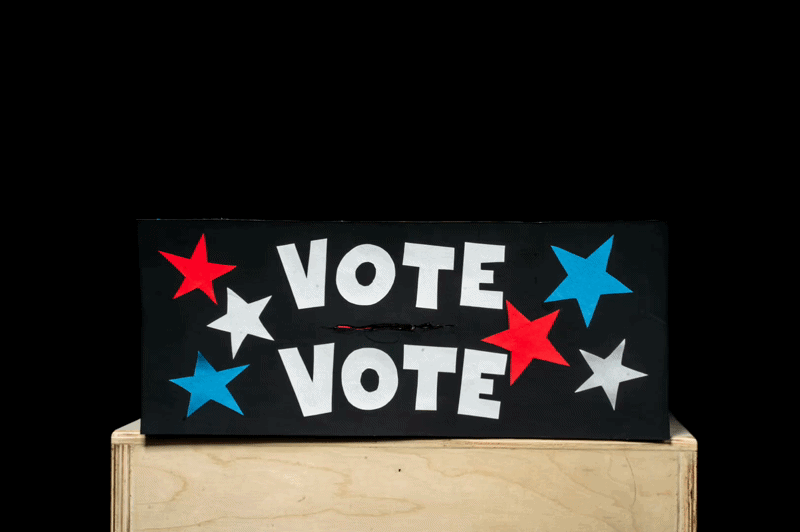A panel of lawyers, legislators and school officials met at the MSU-DCL College of Law Building on Wednesday to support affirmative action and educate people to fight for it in Michigan.
Hosted by the Wolverine Student Bar Association/Black Law Students Association at MSU-DCL, the discussion "Affirmative Action: Is It Still Necessary?" examined the issue from legal, political and social perspectives.
Music composition graduate student Harold Cowherd, who attended the discussion, said he was dissatisfied by MSU officials' lack of comment on affirmative action. Cowherd said the university didn't file "friend in support" briefs to the U.S. Supreme Court when it made its decision as many companies, such as General Motors Corp. and other universities, did.
"This university is just as silent as the president," Cowherd said.
In June, the Supreme Court upheld the right for colleges and universities across the nation to allow race to be a factor in deciding admissions.
The court ruled 5-4 to support the University of Michigan Law School's admissions policy, which evaluates all applicants on a case-by-case basis.
But in a separate affirmative action case heard by the high court, a 6-3 vote struck down U-M's undergraduate policy, which included race as a factor when assigning points from a 150-point scale to applicants.
2003 MSU enrollment has 7,421 minority students - representing 16.7 percent of the student body.
MSU's incoming freshman class decreased in the four racial-ethnic categories - black, Asian and Pacific Islander, Native American and Chicano and Latino.
Blacks were the biggest decrease in incoming students, dropping by 58 students to 649 students in 2003.
Panelist and lawyer John Johnson said affirmative action works and accounts for how a lot of minorities earn their livelihood. He said people need to come together to discuss such a important issue.
"Until there is an open, honest discussion of the history of race in this country, there will always be a problem," Johnson said.
MSU-DCL graduate student and Wolverine Bar member Tabitha Swift said the lack of minority enrollment in higher education signals the need for affirmative action. She said aside from enrollment, factors such as lower grade-point averages and LSAT scores for minorities also indicate that more support of affirmative action is required.
Swift said there is a myth that affirmative action is no longer necessary, and minorities are taking white-collar positions.
"People who disagree really don't know," she said.






